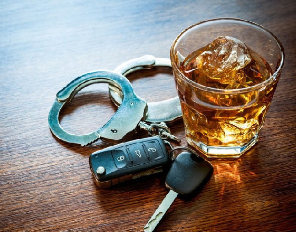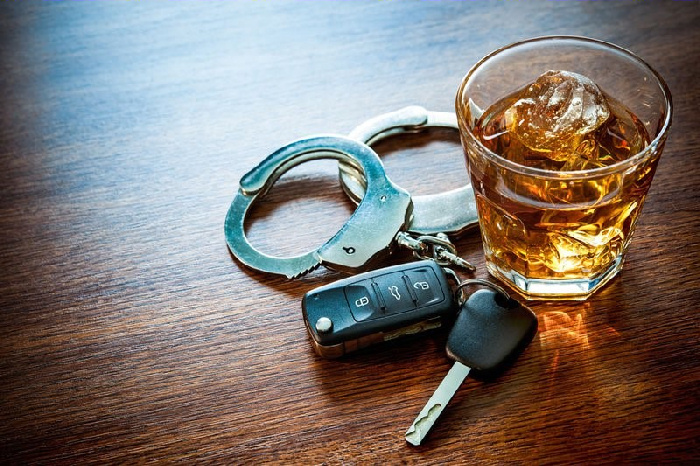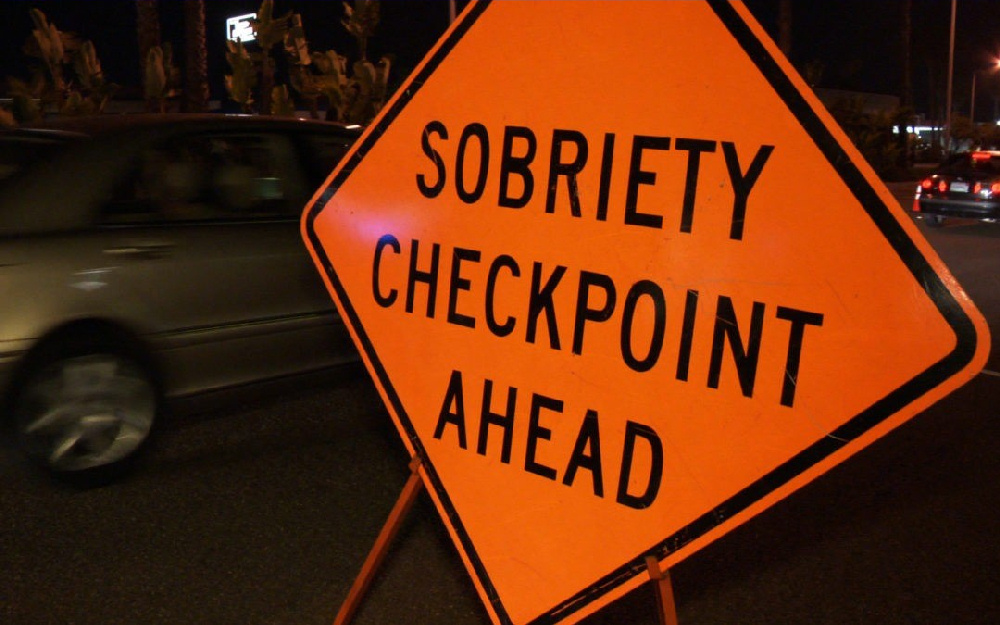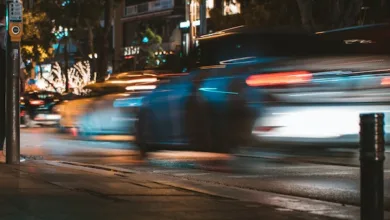DUI & Criminal Defense Lawyers: When to Get Legal Help


When you are facing DUI charges, would you need a defense lawyer? Though you are very much entitled to represent yourself in court for DUI, it is often not a good thing to do. Most often it puts you at a disadvantage due to a lack of knowledge and skills. The judges may grow impatient for the lack of skills and knowledge and may pass a judgment that could disadvantage you. Hence, it is best that you get a lawyer to represent yourself.
What is DUI?
DUI is an acronym to stand for “driving under the influence”. Depending on the state, DUI and DWI which stands for “driving while intoxicated” or can also mean “driving while impaired” refers to the same offense. Both DUI and DWI mean a driver is flagged down by a police officer and will be charged with an offense risking the safety of him and the public. These charges can be applicable to the intoxication of not just alcohol, recreational drugs but also when you are driving under a prescribed medication that can cause impairment of your senses and abilities. Both DUI and DWI are same level offenses, not one is lesser or greater than the other, and both can have a big effect in an individual’s life. Sites like https://www.nhtsa.gov/risky-driving/drunk-driving discuss more about drunk driving and its consequences.
It is best to note though that different states may have different definitions of “driving under the influence” and “driving with intoxicated”. In some states, both “driving under the influence” and “driving while intoxicated” both means to drive while impaired or while drunk. In some states, some would call driving while drunk as “driving under the influence” while others would call it “driving while intoxicated”. If you are living in for example, Tulsa, you can click here to find out how lawyers deal with such cases in this state.
However, when your state uses both terminologies, it could be confusing. In these cases, they may define “driving under the influence” as driving while being under the influence of drugs and/or alcohol, while “driving while intoxicated” is when you are driving with the alcohol content in your blood is way above the allowed limit.
How is impaired driving determined?
Many people wrongly believed that impaired driving is only determined by the level of alcohol concentration in a person’s blood. In fact, in some states drivers whose blood alcohol concentration does not meet the required level of intoxication can be charged with impaired driving. Let us say you tested for sobriety and then your blood alcohol does not reach the legal limit, you can be considered as impaired to drive, and can be charged with DWI.
Another case would be when the police officer perceives you as impaired. When they use the breathalyzer on you and you tested as not under the influence of alcohol, you can be suspected of using drugs and that this impaired your ability to drive. Drugs mentioned here would mean both prescriptive and non-prescriptive medications on top of the already known illegal drugs. When this happens, the police officer may call a drug expert or he can perform the necessary assessment himself if he is a drug expert himself. If the test shows positive on drugs, then you can be charged of “driving while intoxicated” or “driving under the influence”, depending on the state’s definition of these terminologies where they would categorize drug use to fall under.
Consequences of DUIs and DWIs
No matter which terminology is used in which state, whenever a person is arrested and charged for either DUI or DWI, he is facing serious charges and consequences. Keep reading more at this link.
Whenever a person is convicted of such charges, he will most possibly lose his driver’s license and pay court fees and some fines. If caught for the second time, jail time may be given after which you will put under probation doing a community service work. In some states, attending a defensive driving class will be required for you to get your license back.
While some states may wrap this up with evaluations on your drinking and substance use and basing on the results of their assessment, you will have to join a support group for treatment and rehabilitation programs.
“Seeking legal help from experienced DUI attorneys can greatly improve the outcome of a DUI or DWI case and potentially reduce the harsh consequences such as license suspension, fines, and even jail time.” – Statement from West Palm Beach DUI lawyers at Meltzer & Bell, P.A.
Effects of being convicted of DUI and DWI
It depends on the state but one major effect of being convicted with DUI and DWI is doubling or tripling of your premiums on your non-owner SR-22 insurance.
Some states would require an ignition lock to be installed in your vehicle. This way you cannot start your vehicle without blowing into the device first so it can determine if you had alcohol or not. If t says you have had alcohol, the ignition will be locked until such time you breathed negative intoxication into the device.
Getting arrested for DUI and DWI is time-consuming and expensive. But it can be prevented and avoided by not getting in front of the wheel when you have had a drink or two or if you have taken drugs that can be considered as can cause impairment on you, say, a prescriptive medication that makes you drowsy.
Do you need a lawyer for these charges?
If you want to do a plea bargain you will need a lawyer. Pleas to a lesser charge often are preferred by judges because cases pile up in their docket and this means their time consumed. For this, you will need a lawyer. You would also need a lawyer to help reduce your sentence when you get a guilty charge on your DUI or DWI. Say for example it is your second or third offense, and is facing years of imprisonment, your lawyer can help bargain for a lesser sentence. Finding a criminal lawyer may be difficult, but in case you are caught within the area, a Franklin criminal defense attorney can easily be located through the Internet.
However, you probably will not need any lawyer when it is your first offense, when there are no injuries, or when there is a very high probability that you will be convicted of such charges. When the probability of conviction is high, let’s say your alcohol level is clearly above the legal limits, it is best to plead guilty and be subjected to standard sentence and penalties.




